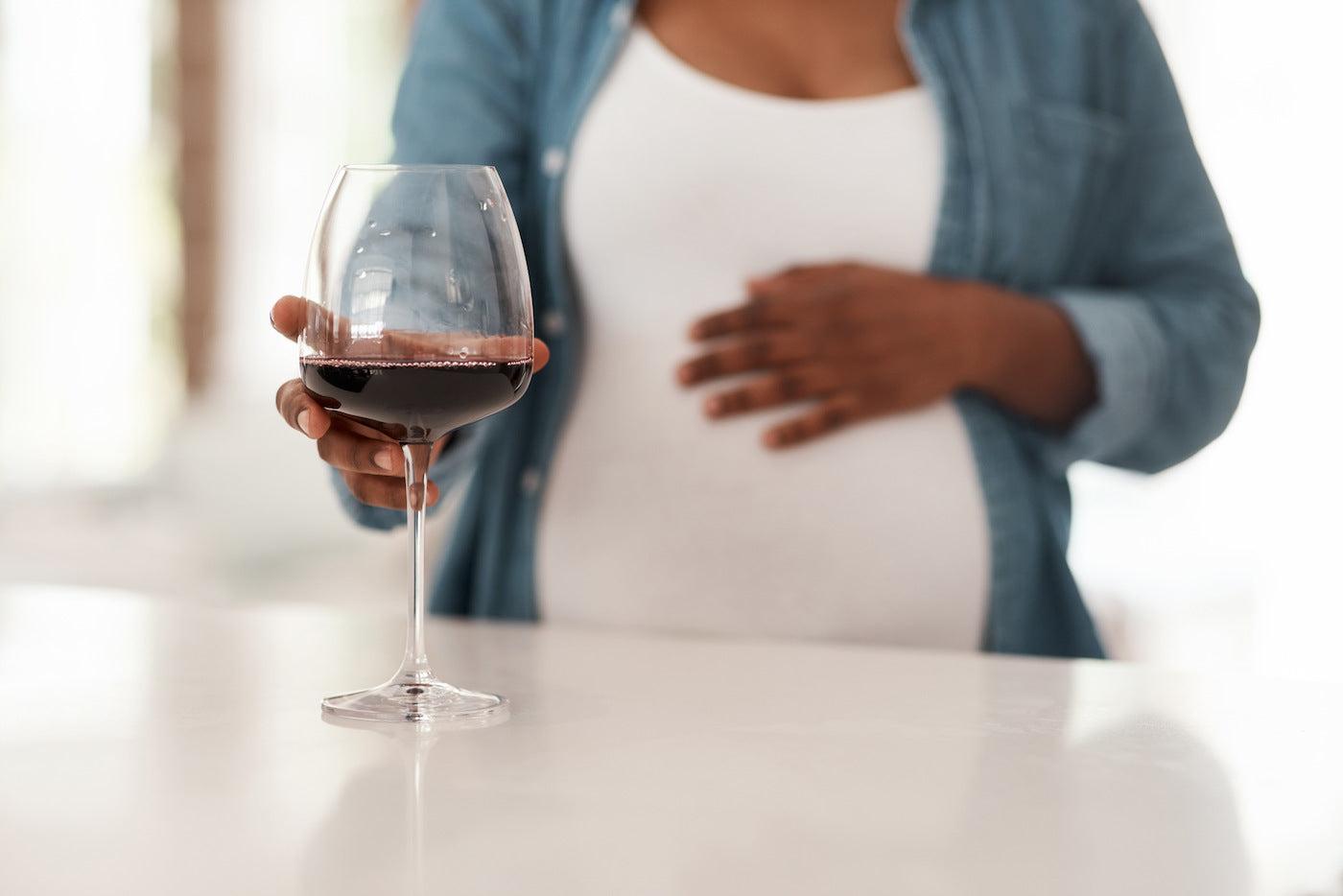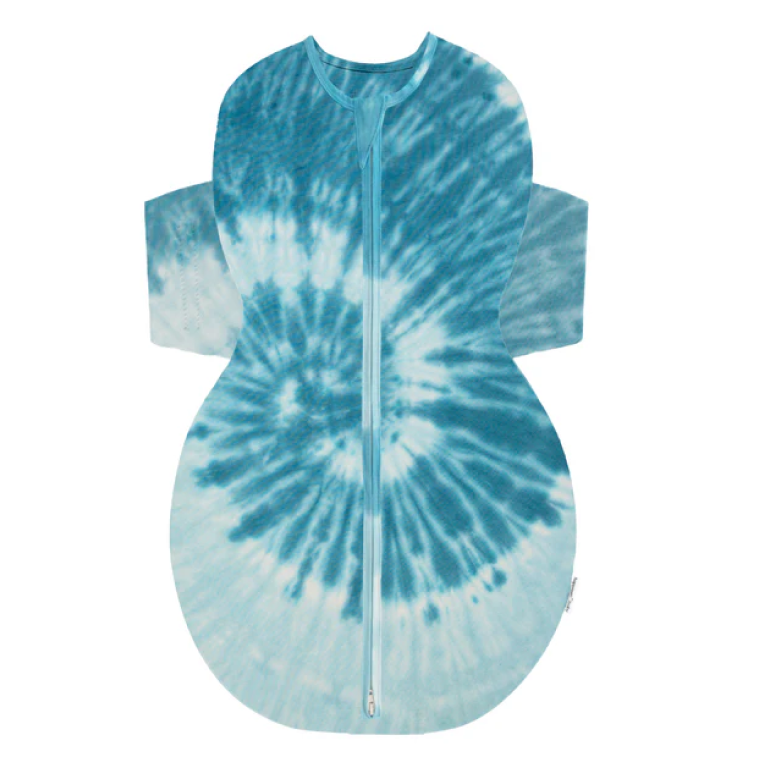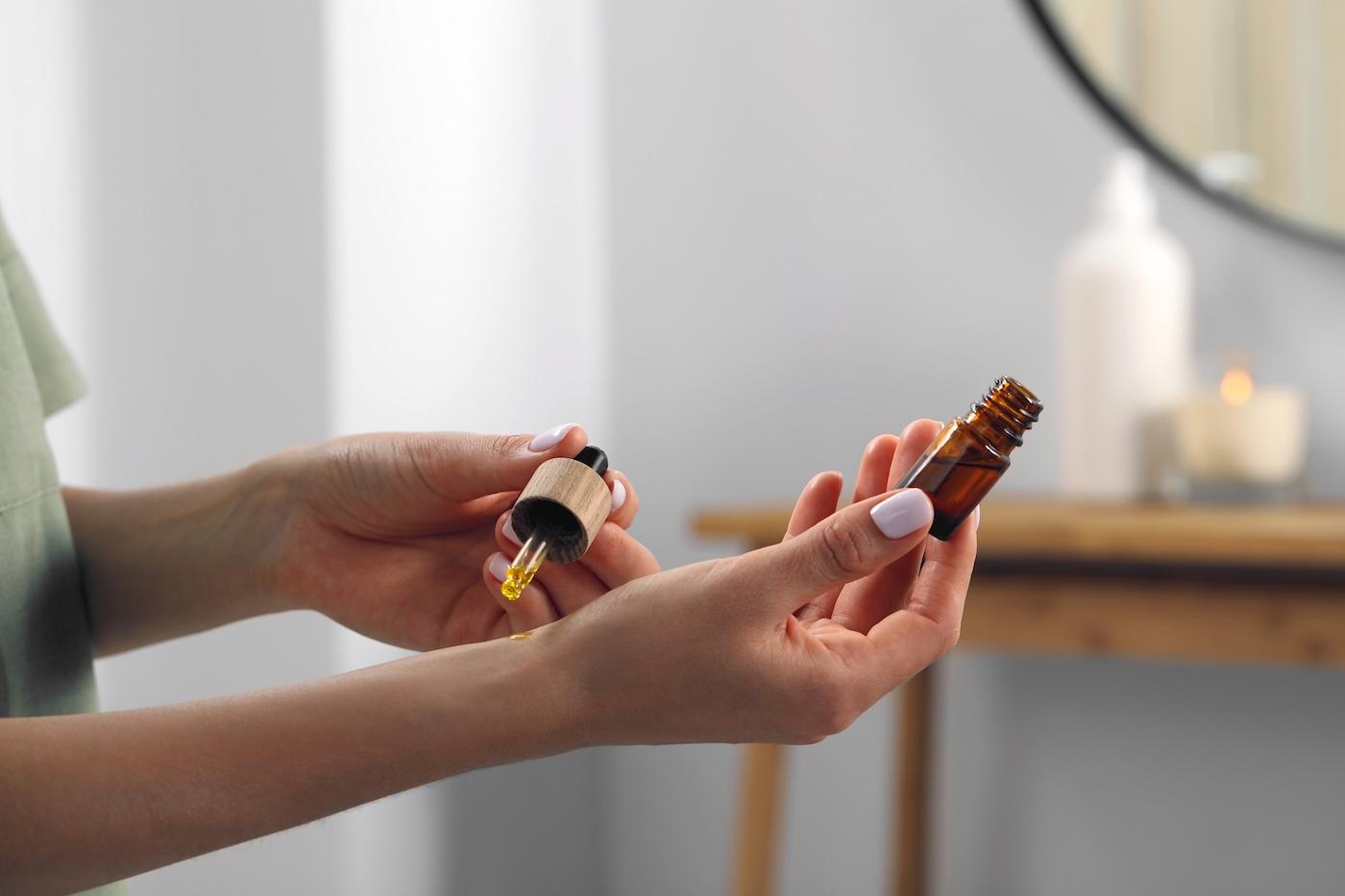PREGNANCY
Can I Have a Glass of Wine While Pregnant?
You wouldn’t line up for keg stands, baby bump in tow, but what about the occasional drink?

Written by
Happiest Baby Staff

While you probably wouldn’t line up for keg stands, baby bump in tow…what about drinking the occasional glass of wine during pregnancy? Or what about drinking during the third trimester? Here’s what you need to know about alcohol during pregnancy.
Is alcohol during pregnancy safe?
Attitudes about drinking alcohol vary around the world, but the science does not: No amount of alcohol has been proven safe to consume during pregnancy. This is a sticking point for The American College of Obstetrics and Gynecology (ACOG), the Centers for Disease Control and Prevention (CDC), the American Academy of Pediatrics (AAP), and March of Dimes alike. In short, all major American public health authorities recommend abstaining from all drinking throughout pregnancy.
What are the dangers of alcohol during pregnancy?
When you drink, alcohol travels from your bloodstream to the fetus through the umbilical cord. Because the growing fetus is tiny and immature, it cannot handle a drink the way that a grownup can!
Drinking while pregnant has been linked to an increased risk of miscarriage and stillbirth. There’s evidence that drinking during pregnancy may cause issues further down the road, too. For example, a 2020 study published in the American Journal of Psychiatry found that any alcohol use during pregnancy may be associated with small yet significant psychological and behavioral effects in kids. Likewise, the International Journal of Epidemiology combined the results of 23 different studies on drinking during pregnancy and determined that it was likely that prenatal alcohol exposure led to negative cognitive outcomes.
Beyond these risks, drinking alcohol is the leading cause of non-genetic birth defects and developmental disability. These birth defects—known collectively as Fetal Alcohol Spectrum Disorders (FASD)—cause irreversible brain damage and growth problems. Other symptoms of FASD include:
- Poor growth in the womb
- Small head and eyes
- Abnormal facial features
- Vision or hearing problems
- Delayed development and speech
- Heart defects (such as a hole in the heart)
- Poor coordination
- Irritability or hyperactivity in childhood
- Poor memory
- Poor reasoning or judgement skills
- Sleep and sucking problems as a baby
- Problems with kidneys or bones
- Intellectual or learning disabilities
As you might imagine, the more you drink, the worse the outcome. But since there’s no known safe amount of alcohol during pregnancy, the best way to prevent FASD is to become a teetotaler the moment you find out you’ve got a bun in the oven! And if you’re actively trying to conceive, you may consider cutting down or abstaining to be extra safe.
How early in the pregnancy does alcohol affect the baby?
While drinking in the first trimester is thought to be the most dangerous due to all the brain development that’s occurring, the good news is that alcohol consumed during the 10 to 14 days following fertilization—that time period when you don’t even know you’re pregnant yet—does not seem to impact the development of the embryo. Although it could prevent the embryo from implanting. In other words, if you tossed back a glass of wine or sipped a cocktail before your missed period, and the pregnancy continued successfully, your baby should not suffer any adverse effects as long as you stop drinking once you get that positive pregnancy test.
What if I drank alcohol before I knew I was pregnant?
Though ACOG is firm on their stance that alcohol should be avoided throughout pregnancy, they note that a small amount of alcohol before you realize you’re pregnant is unlikely to cause harm. So, if you had a glass or two before you saw those two lines show up on your pregnancy test, don’t panic! The most important part is that you stop drinking as soon as you realize you’re pregnant.
Is it safe to drink alcohol in the third trimester?
While you may have heard that the more “fully baked” your baby the less susceptible they are to alcohol, ACOG, the CDC, and other health authorities say that it’s not safe to drink at any point during pregnancy. Once again, there’s simply not research that supports a definitively pregnancy-safe drinking period—or amount.
Is it okay to have one glass of wine while pregnant?
You probably know someone who sipped champagne at their baby shower or had a beer here and there in the last trimester and everything turned out fine, but the truth is, we don’t have scientific evidence that can conclusively say how much alcohol is safe. (Even researchers have acknowledged that this is a tough topic to study!)
Though the bulk of the research—particularly related to FASD—does focus on heavy drinking and binge drinking, some studies do indicate that mild or moderate drinking can have negative effects. For example, a 2013 meta-analysis unsurprisingly found a detrimental association between binge drinking and child cognition—but it also uncovered a small but significant link between mild-to-moderate drinking and cognition.
So, to be safe, it’s best to put off that glass of wine until your baby is safely in arms, and of find new ways to celebrate, destress, and unwind during your pregnancy, such as:
- Take a walk in the fresh air
- Soak in a warm (not hot) bath
- Get a prenatal massage or a pedicure
- Stretch or do prenatal yoga
- Mix a fruity mocktail in place of a cocktail
- Watch comedies
- Connect with friends
- Plan a babymoon
Don’t hesitate to speak with your physician with any questions about drinking during pregnancy—or stopping drinking. If you’re concerned about your ability to quit, SAMHSA’s National Helpline provides free, confidential treatment referrals—24/7! Call 1-800-662-HELP (4357) or find a treatment center by using SAMHSA’s locator or texting your zip code to 435748 (HELP4U).
More on Pregnancy:
- Can You Drink Coffee While Pregnant?
- How to Safely Eat Fish During Pregnancy
- Which Foods Should You Avoid While Pregnant?
- The Nutrients All Pregnant People Need
- Your Week-by-Week Pregnancy Guide
- Weed and Pregnancy: What to Know
***
REFERENCES
- American College of Obstetricians and Gynecologists: Alcohol and Women
- Centers for Disease Control and Prevention: Alcohol Use in Pregnancy
- American Academy of Pediatrics: Alcohol During Pregnancy
- March of Dimes: Alcohol During Pregnancy
- Week-by-Week Alcohol Consumption in Early Pregnancy and Spontaneous Abortion Risk: A Prospective Cohort Study, American Journal of Obstetrics & Gynecology, July 2020
- Alcohol Consumption During Pregnancy and the Risk of Early Stillbirth Among Singletons, Alcohol, August 2008
- Prenatal Alcohol Exposure and Miscarriage, Stillbirth, Preterm Delivery, and Sudden Infant Death Syndrome, Alcohol Research & Health, 2011
- Association of Prenatal Alcohol Exposure With Psychological, Behavioral, and Neurodevelopmental Outcomes in Children From the Adolescent Brain Cognitive Development Study, The American Journal of Psychiatry, November 2020
- Evidence of Detrimental Effects of Prenatal Alcohol Exposure on Offspring Birthweight and Neurodevelopment From a Systematic Review of Quasi-Experimental Studies, International Journal of Epidemiology, December 2020
- Overview of Fetal Alcohol Spectrum Disorders for Mental Health Professionals, Journal of the Academy of Child and Adolescent Psychiatry, August 2003
- Centers for Disease Control and Prevention: Fetal Alcohol Spectrum Disorders (FASDs)
- American Academy of Family Physicians: Fetal Alcohol Syndrome
- The Association of Mild, Moderate, and Binge Prenatal Alcohol Exposure and Child Neuropsychological Outcomes: A Meta-Analysis, Alcoholism: Clinical and Experimental Research, August 2013
- Substance Abuse and Mental Health Services Administration: National Helpline
Disclaimer: The information on our site is NOT medical advice for any specific person or condition. It is only meant as general information. If you have any medical questions and concerns about your child or yourself, please contact your health provider.
SHARE THIS ARTICLE
MOST LOVED
Sleepytime Sidekicks












